Pre Opening – Hotel Checklist Format
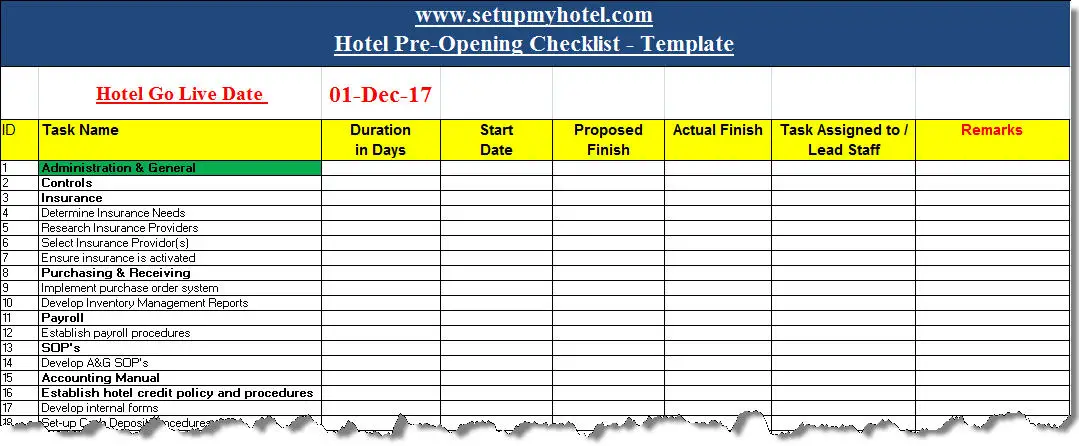
Pre Opening Checklist sample format for Hotels / Resorts The hotel pre-opening process with attention to every detail will likely ...
Read more
Management – Achieving Energy Savings With Lighting Control
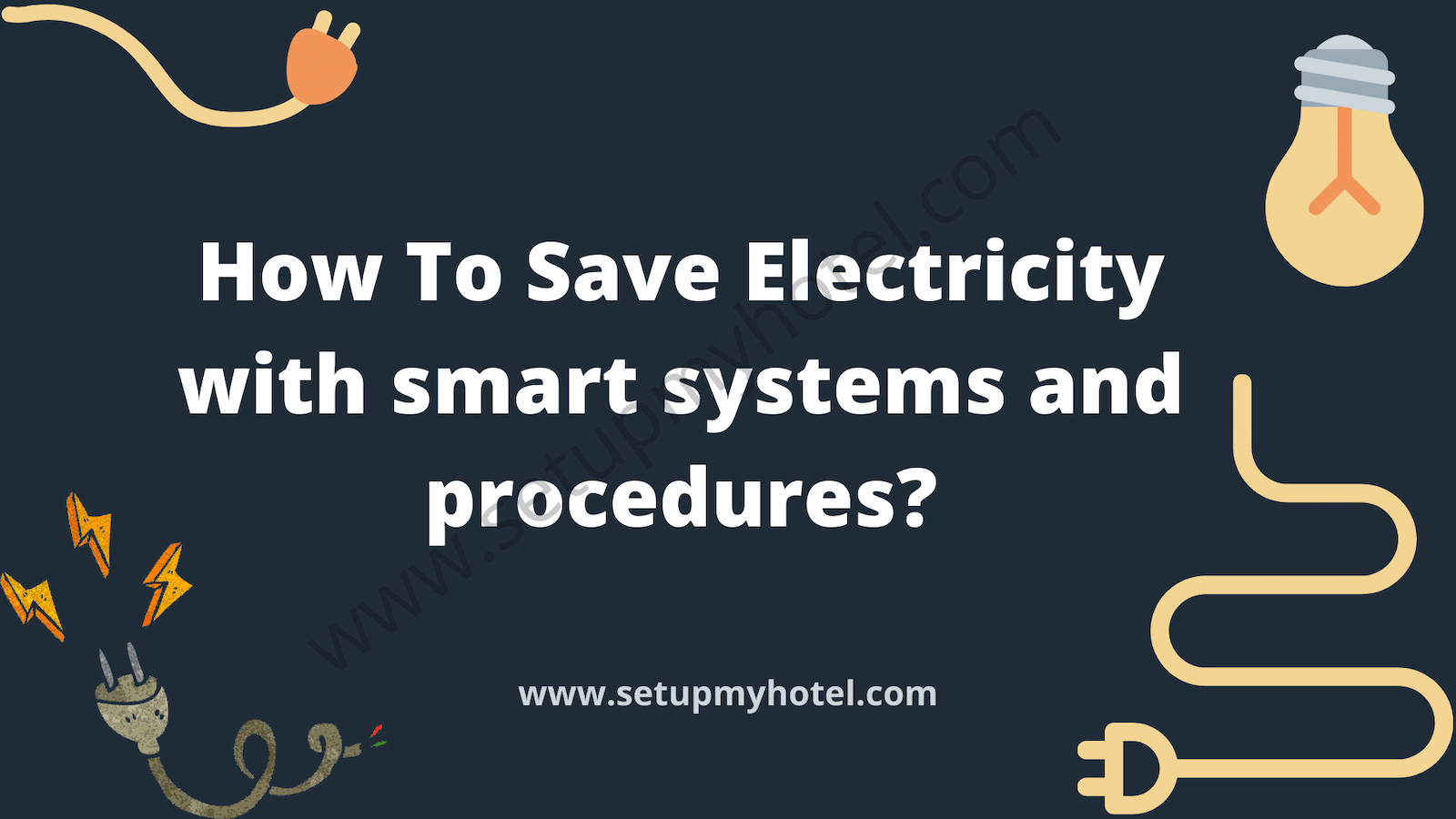
How To Save Electricity With Smart Systems And Procedures? Saving Electricity in the Guest Room For new hotel construction, choose ...
Read more
Security – Establishing An Effective Guestroom Lock Policy
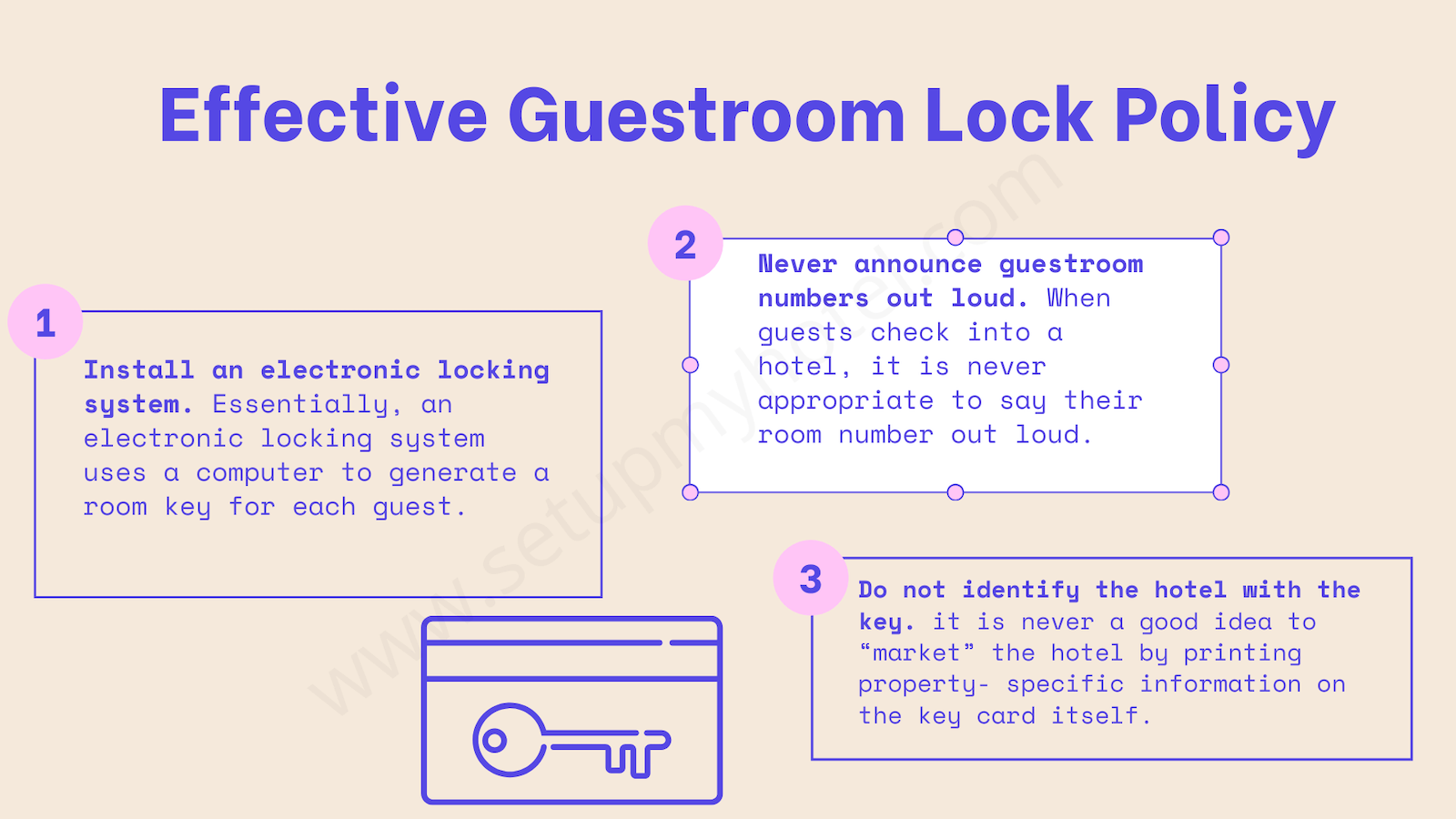
Establishing an Effective Guestroom Lock Policy The following steps outline an effective policy to protect the security of hotel guests ...
Read more
Security – 10 Safety Rules When Working With Electricity
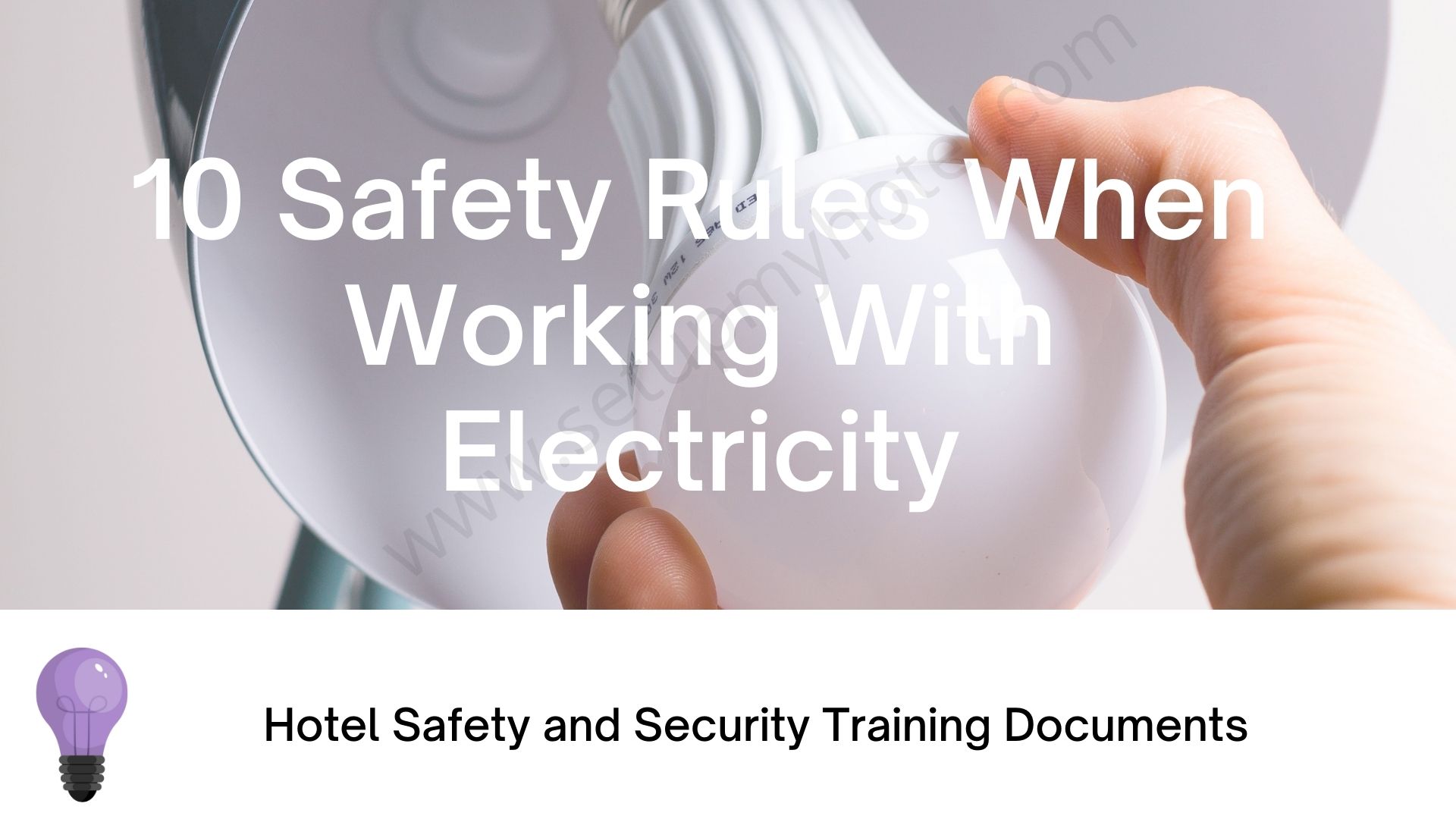
10 Safety Rules When Working With Electricity 1. When you’ve turned off a circuit breaker to work on a piece ...
Read more
HR – 3 Main Steps For Successful Hotel Staff Training
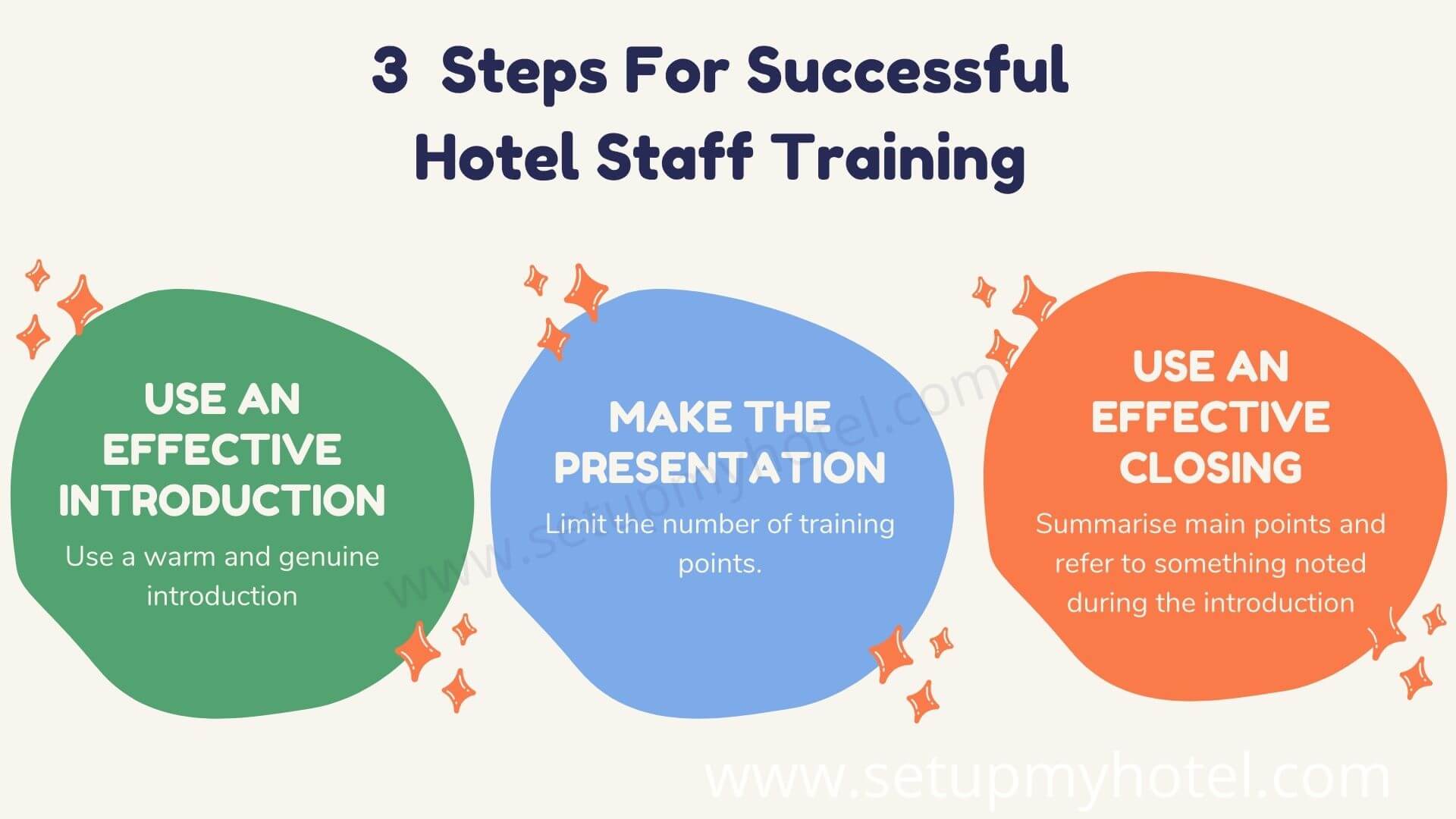
Three Main Steps For Successful Hotel Staff Training Hotel Staff Trainer Presentation: Step 1: Use an Effective Introduction Step 2: ...
Read more
Hotel Basic – Rules While Handling Guest Complaints
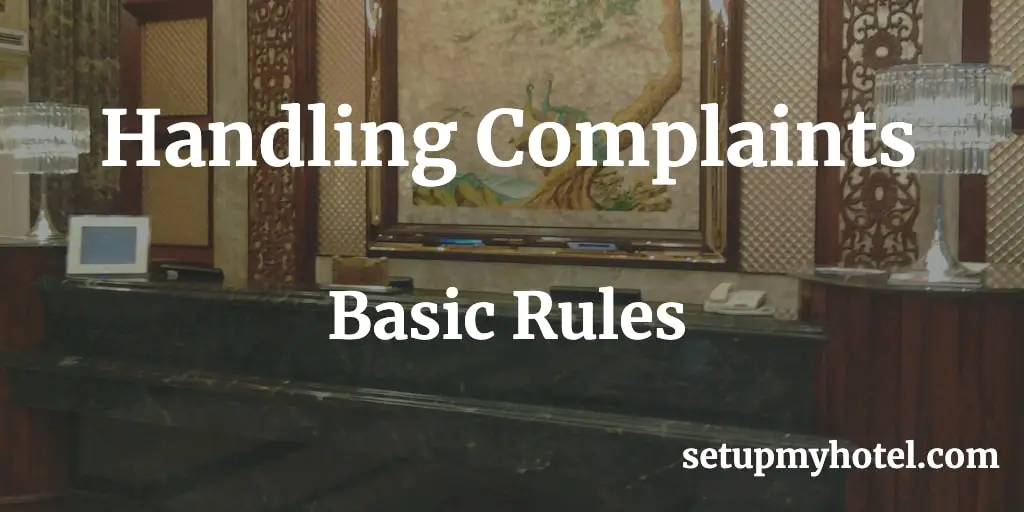
Hotel Basic Rules While Handling Guest Complaints There are reasons behind a guest complaint that we will never know. Things ...
Read more
Management – Hotel Guidelines For Dealing With The Media During A Crisis
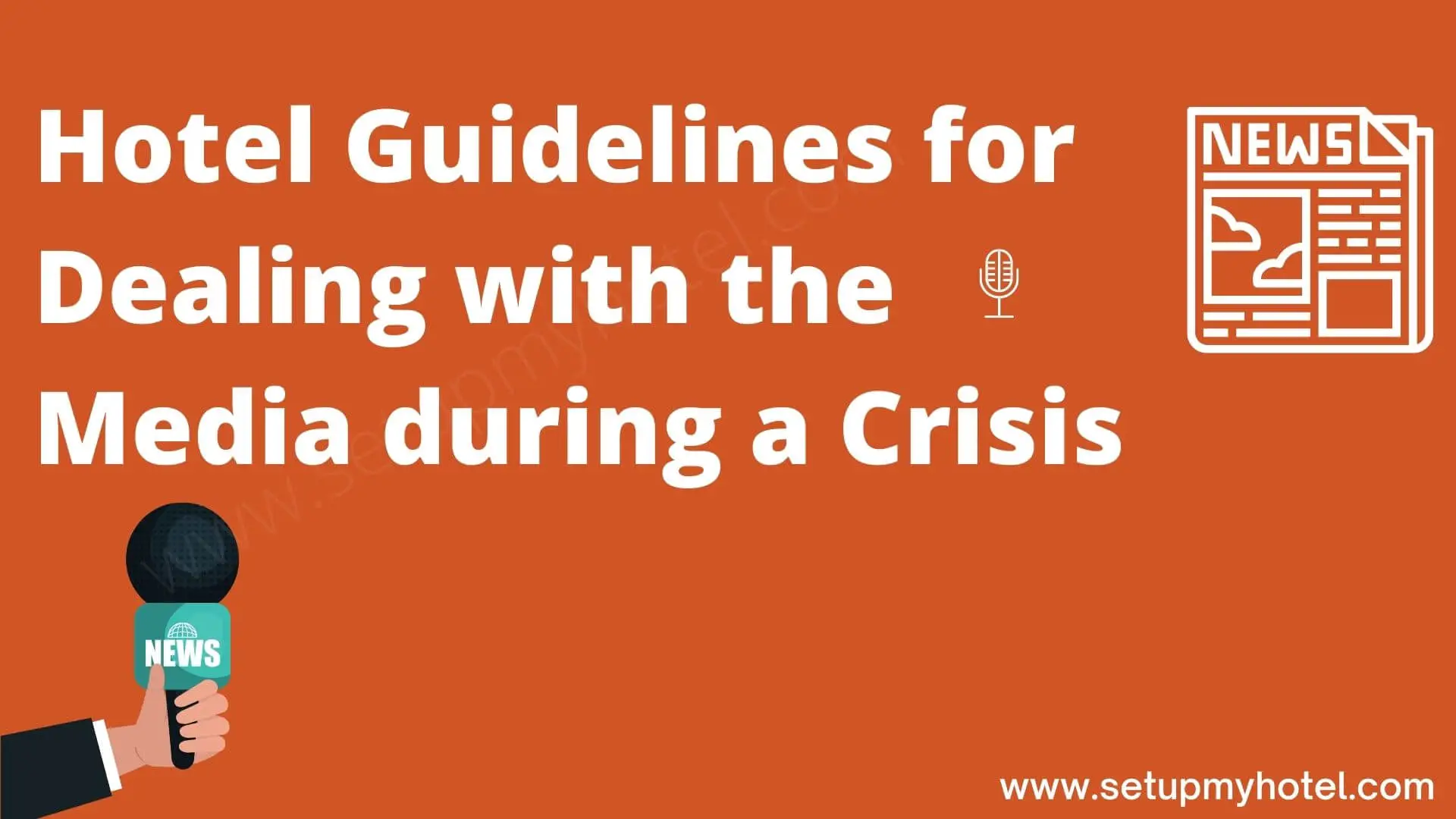
Hotel Guidelines For Dealing With The Media During A Crisis When a crisis occurs in a hotel, it’s important to ...
Read more
Management – General Manager’s Responsibilities In A Crisis
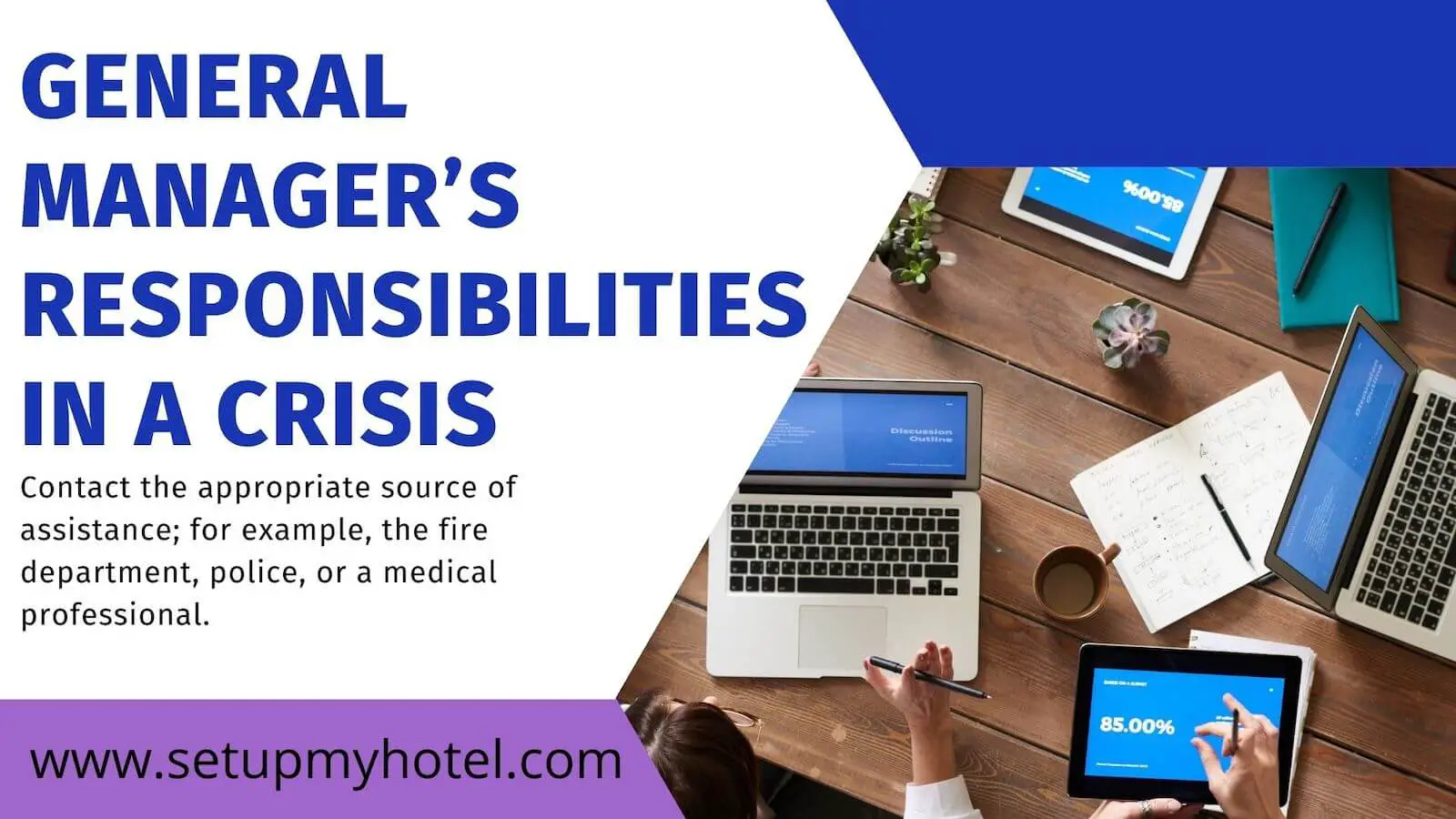
General Manager’s Responsibilities in a Crisis 1. Take the immediate action required to ensure the safety of guests and employees. ...
Read more
Security – Types Of Emergency Situations Encountered In Hotels
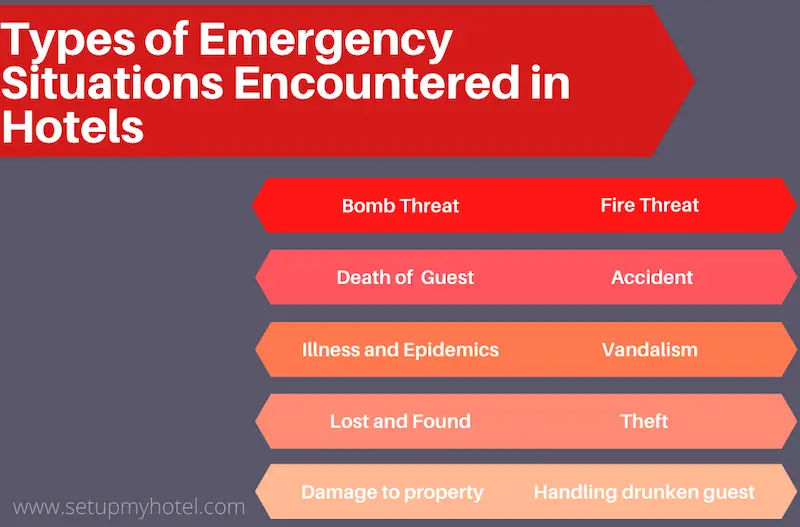
10 Types of Emergency Situations Encountered in Hotels There are different types of emergencies encountered in hotels during the day-to-day ...
Read more
HR – Sample Reference Check Questions For Recruiting Hotel Staff
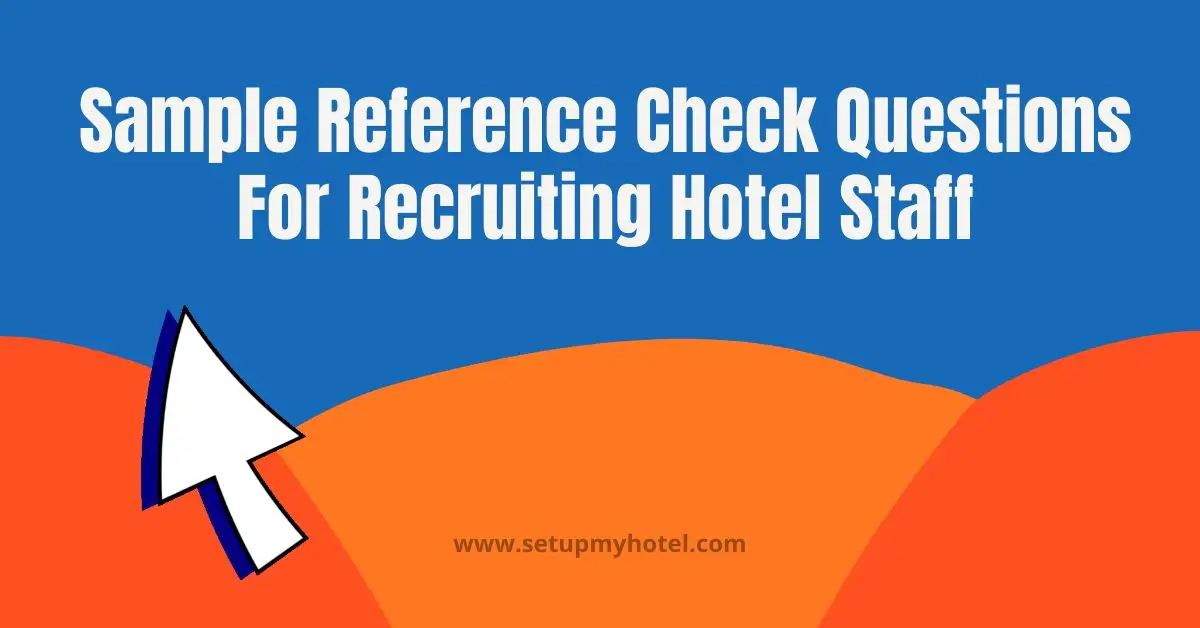
Sample Reference Check Questions For Recruiting Hotel Staff When conducting reference checks for recruiting hotel staff, it’s essential to ask ...
Read more










